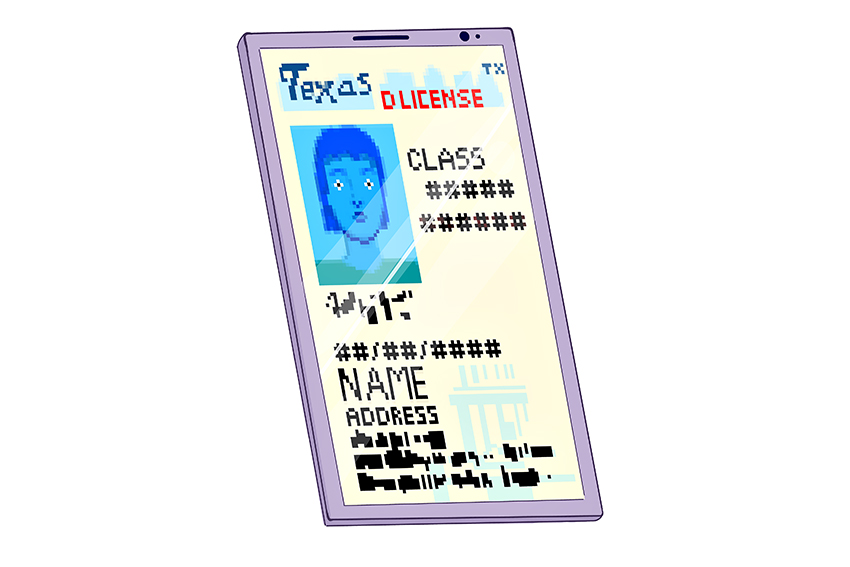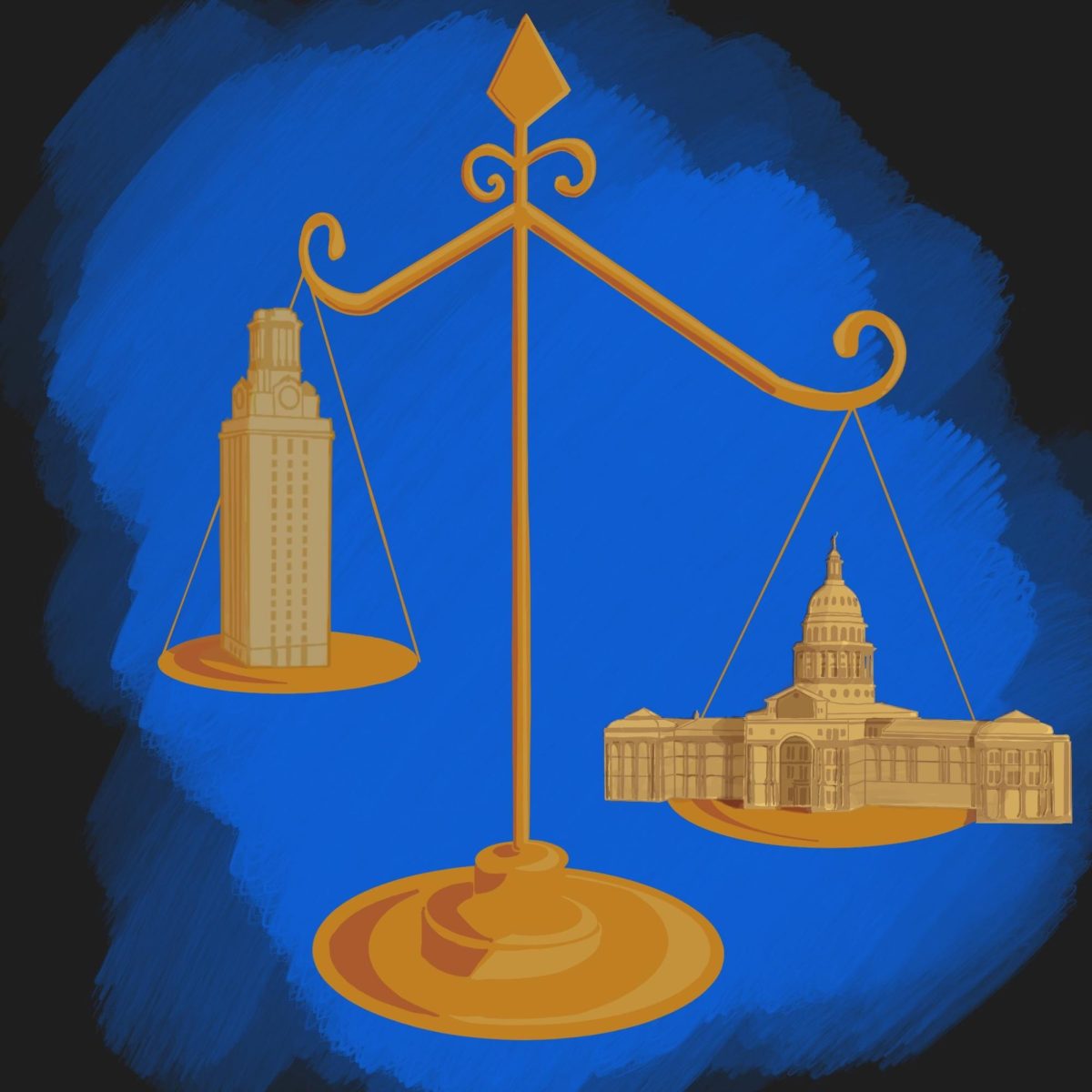Texas will begin a pilot program for providing digital copies of drivers licenses and other forms of state-issued identification if House Bill 181 passes in the upcoming legislative session.
The bill was proposed by State Rep. Terry Canales after he received encouraging results from a Texas Department of Public Safety study.
“The conversation about digital IDs was started when we asked DPS to create the study — that was the first part of a three-part process,” Canales said. “The first part was the study. We asked DPS, ‘Can you do it?’ They came back and said not only can they do it, ‘We have these concerns, but here also are some of the benefits.’”
Digital copies of licenses and other forms of ID would be convenient, Canales said, because 77 percent of Americans already own smartphones and many are beginning to use programs such as Apple Pay.
Canales also said digital forms of ID could have security measures not possible in a physical copy.
“Some of the features of the digital license are more advanced than any physical copy of a license could have,” Canales said. “For instance, 3D images of your face and biometrics are some of the features that, as technology continues to get better and better, could be included.”
The DPS study, which was conducted in August 2016, listed numerous potential benefits in its conclusion, but also indicated more research needed to be done.
“A digital DL/ID solution has the potential to improve the assurance of a person’s identity … and optimize government resources,” the report said. “However, digital DL/ID solutions are in the early stages of implementation and remain largely unproven.”
Susan Nold, the director of the Annette Strauss Institute for Civic Engagement, said a pilot program such as the one proposed by Canales is typically a good method for testing new policies.
“It is often a very smart strategy to start with a pilot to have an opportunity that’s limited in scope to see how something would work,” Nold said. “That should be instructive as to whether the solution proposed in this bill is one that is a good one.”
Despite the benefits of digital IDs, Canales said the goal is not to replace physical forms of ID entirely.
“The intention is to have a secondary convenience source that’s not necessarily replacing the physical card,” Canales said. “Nothing about the bill or the idea of a digital license is meant to replace the original. It’s meant to give users an option if they would like it.”
Canales said he sees this as an opportunity for Texas to be a leader in innovation.
“We could set the benchmark for other states and be the prototype that the federal government approves,” Canales said. “Somebody’s got to make the first digital ID. I believe there’s at least one other state that has a working prototype, and there’s no reason that Texas should be left behind. We’re the greatest state in the union and that should apply technologically as well.”




















